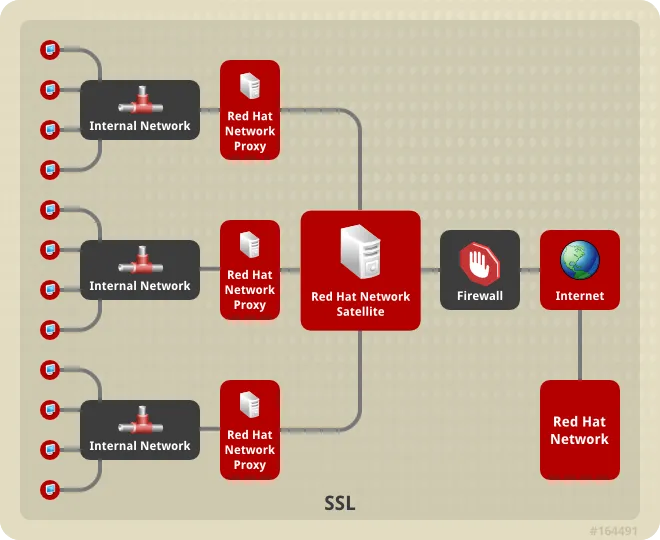While proxy servers and VPNs (Virtual Private Networks) share some common features, their differences far outweigh their similarities.
Proxy servers and VPNs both act as an intermediary between the user and a website. Proxies and VPNs forward the user’s request to the web server and conceal location and connection information by changing their IP addresses.
The key differences between proxy servers and VPNs are how they work and which protocols they support, which affects their privacy and security capabilities.
VPNs are typically configured at a system level, allowing all traffic to pass through them, e.g., web browsing, music streaming, file sharing, gaming. Many VPN software solutions allow users to exclude selected apps from operating through the VPN, but the default settings usually direct all traffic through them.
Proxy servers are typically configured individually, meaning users must configure their proxy connection settings separately to direct traffic through the proxy. Until a user has configured the proxy on an app, it will remain unaffected by the proxy’s existing connections on the same device.
Generally, VPNs are more secure than proxy servers due to the way they operate. VPNs create an encrypted tunnel between a user’s device and the outside network. The tunnel allows users to browse the web without sharing their IP address and other identifying connection data.
Proxy servers work differently from VPNs in this sense – the level of security they provide depends on which protocol they are using, as each protocol offers a differing level of network security.
